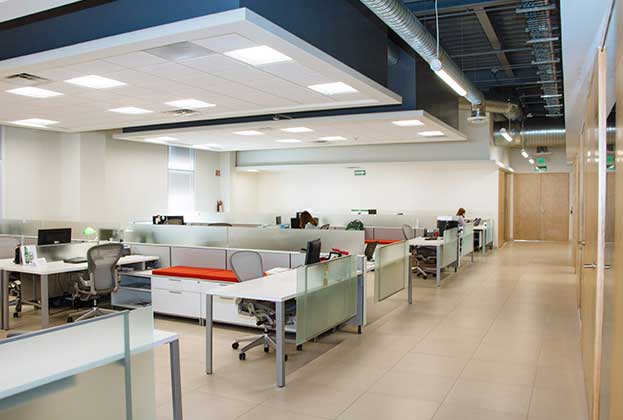Due to its dependence on exports and energy, the German economy is particularly affected by the current macro environment. This has impacted real estate investment volumes significantly. So what might this year hold for the continent’s largest economy?
In our baseline scenario, we expect Germany will go through a mild recession over the coming months and then grow moderately again. Employment levels will remain high, and unemployment will only slightly increase.
Without exception, all recessions of the last 30 years have been accompanied by a decline in office take-up. We expect this to be the case in 2023, too. We are already observing indications of falling demand for space, for example in the form of an increasing supply of offices to sublet and a lower number of rental enquiries. As a consequence, the increase in vacancy levels of recent years will continue and possibly even accelerate. Similar developments, albeit to different degrees, are emerging in the other commercial subsectors.
However, not only cyclical but also structural changes will keep the German market in motion. Especially in terms of the occupier markets for office and retail spaces, this can be summed up by 'downsize and upgrade'. This creates both an abundance of space that no longer meets the increased occupier requirements, and a scarcity of those spaces that do. In many cases, however, even the surplus areas are not fundamentally obsolete. Often it is only a matter of identifying a suitable subsequent use and preparing the land for it.
There are numerous opportunities for this because supply remains scarce in many other sectors, including logistics and housing. From the point of view of most occupiers, space will therefore remain expensive, especially since high inflation will eat up any savings through higher costs elsewhere. In view of this dynamic, investors willing to move up the risk curve and those for whom real estate is an investment that needs to be actively managed are likely to get their money's worth in Germany in 2023.

.jpg)





.jpg)


